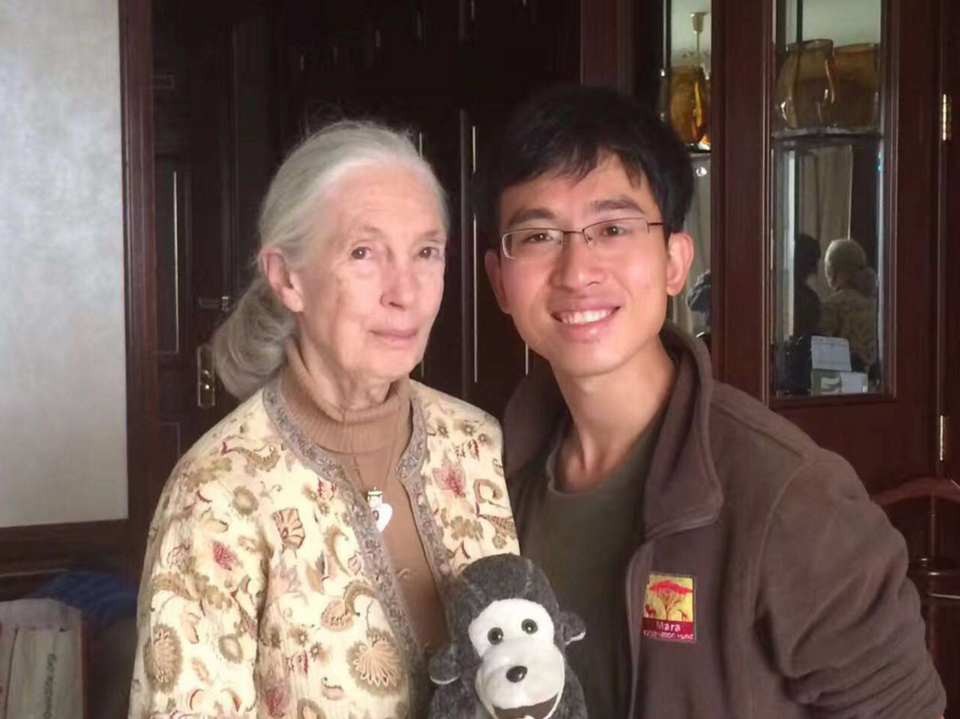
FOUNDER'S STORY

Our Founder
Hongxiang Huang
BA in Journalism, Fudan University
MA in international development, Columbia University
Global Ambassador for Development Practice, Columbia University
Conservation Ambassador, Shanghai Pudong
Researcher for international organizations such as IIED, WWF
Forbes China 30under30 under “social enterprise”
Wildlife conservation activist featured by Oscar-shortlisted Netflix documentary the Ivory Game
Hello everyone, welcome to China House. I'm the founder, Huang Hongxiang.
I'd like to share the story of China House with you, talking about 'where we've come from' and 'where we're heading next'.
Ecuador Wake-Up Call:
Back in 2011, my journey through Ecuador opened my eyes to a vital issue – the role of Chinese corporations in sustainable development and environmental responsibility. I saw local communities grappling with the consequences of Chinese corporate activities, such as mining projects. The communities came together to stand against Chinese corporations and the adverse effects that development brought to Ecuador. I heard their concerns, with some sadly lamenting, "Our leader sold our country to Chinese corporations."
Investigating the African Ivory Trade:
In early 2014, I went on an undercover mission to investigate the African ivory trade. I posed as an ivory buyer and infiltrated the network of smugglers, helping in their capture. I was in a life-threatening situation while using pepper spray during a confrontation with an armed group. Our efforts were featured in the documentary "The Ivory Game," supported by influential figures like Paul Allen and Leonardo DiCaprio. The film even made it to the Oscar shortlist, highlighting the importance of our mission.
The Birth of China House (Global Citizen Action):
Throughout these experiences, I began to realize the limitations of individual efforts. I started questioning how much impact I could make on my own, even if I committed my life to apprehending smugglers or advocating for sustainability.
But then, I noticed a growing interest among many young Chinese in philanthropy, wildlife conservation, and helping Africa. I saw that what I was doing in South America and Africa could be continued by these passionate Chinese youths. I firmly believed that a collective effort had the power to bring about significant change.
In 2014, I laid the foundation for China House, propelled by a vision to incorporate China into the realm of global sustainable development. My strategy hinged on global citizenship education and youth engagement as the catalysts for tangible change. In this endeavor, I envisaged that their collective might could pave the way for positive global transformation.









